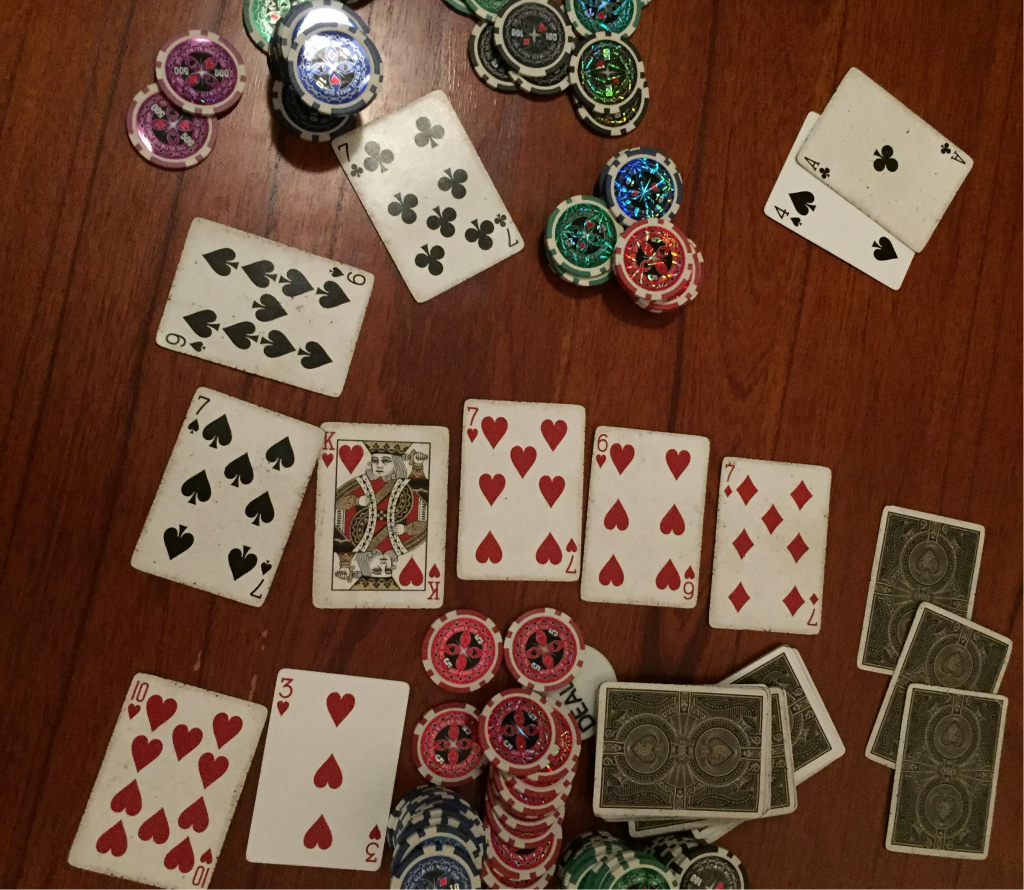
This week in the series of articles on the science of poker, we will discuss a psychology study that aims to analyze tilt, its impact on the game, and the relationship between emotions and professionalism in the game. Everyone experiences tilt, but according to the authors of the article, the intensity and frequency of this negative emotional state vary greatly among players with different levels of experience.
Of course, studying tilt directly is quite difficult, so an online survey was conducted among poker players. A total of 417 players were surveyed, who were categorized by experience and the limits they play. Participants had to answer questions about how often they experienced tilt in the past 6 months, assess its intensity, and the damage it caused to their decision-making during the game.
The study revealed several both obvious and unexpected things about poker players' emotional experiences. One somewhat unexpected observation is the positive correlation between game experience and the intensity of tilt. Although we cannot establish a causal relationship, poker experience seems to be strongly associated with an increasing experience of tilt.
Correlational studies, however, can have more than one conclusion. The increasing experience of tilt may arise from external factors of poker experience (for example, a better understanding of one's mistakes during the game, increasing awareness of one's emotional state at the table, and so on). This would mean that it is not the tilt itself that is intensifying, but the player's awareness of the impact of this negative emotional state. The researchers themselves express minimal skepticism, stating that regular and experienced players usually encounter more unexpected situations, so it may be easier to experience tilt due to the number of hands played per month (or another period).
The conclusion that experienced players can draw is the importance of breaks and days off. As experience and the risk of intense tilt increase, we should more strictly monitor our work at the tables and adhere to a stricter relaxation schedule from the game.
One of the most important observations, although well-known, but only confirming suspicions, is the influence of scared money on the game. The researchers observed a strong correlation between the money available for the game and the amount of tilt and other negative emotions. The smaller the players' bankroll, the stronger and more frequently negative emotions related to poker are experienced. Of course, this means that the quality of decisions deteriorates and even more money is lost.
We can derive a simple rule about poker and money management – as nutrition is to sports, so is bankroll management to poker.





